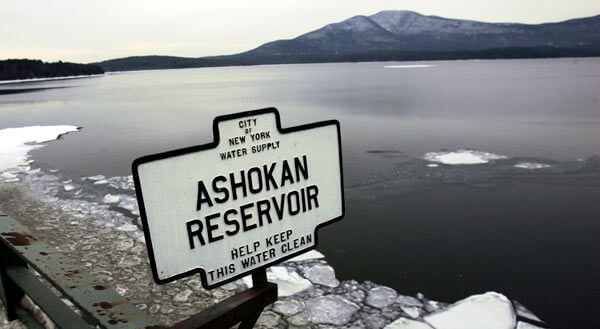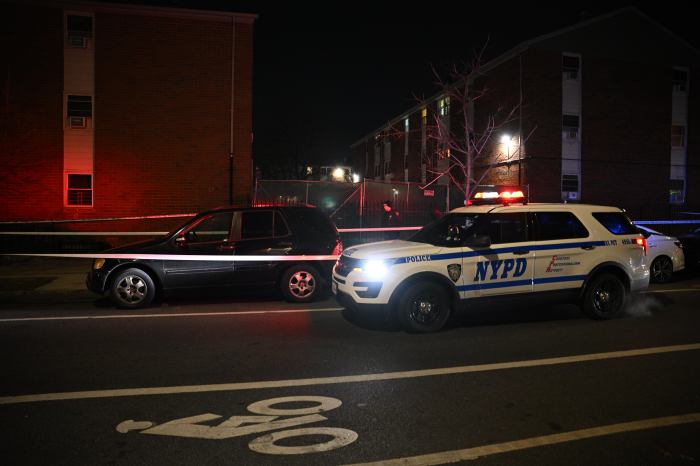By Howard Koplowitz
The state Department of Environmental Conservation released regulations last week concerning the controversial process of hydrofracking that calls for a 1,000-foot buffer zone between an upstate New York shale formation and the city’s watershed.
Two Queens city councilmen criticized the regulation for being too soft and said the 1,000-foot zone is not enough to protect the city’s drinking water supply from hydrofracking.
Hydrofracking, or hydraulic fracturing, is a controversial method used to drill for natural gas that leads to toxins becoming trapped in the rock formation, which opponents say can travel into the city’s watershed.
Gov. Andrew Cuomo is in favor of the gas drilling and supporters say the drilling will lead to more jobs upstate.
Councilman James Gennaro (D-Fresh Meadows), chairman of the Council Environmental Protection Committee and a geologist, said the DEC’s draft regulation “brings us one step closer … to the possible unprecedented contamination of New York City drinking water and other drinking water supplies throughout the state and the degradation of a large swath of our state through the irreversible industrialization of ‘hydrofracking.’”
Hydrofracking has been taking place in Pennsylvania and the documentary “Gasland” shows how the gas drilling method polluted water in the state, with some homeowners being able to light their drinking water on fire using a match.
Gennaro said the 1,000-foot buffer proposed by the DEC does not even stop hydrofracking from within the buffer, but triggers a notification to the city Department of Environmental Protection that a drilling application was filed and that the state agency has final say as to whether the drilling will be allowed.
Councilman Peter Vallone Jr. (D-Astoria), chairman of the Council Public Safety Committee, said the DEC’s regulations “do not sufficiently protect our water supply from the dangers of ‘fracking.’
“The state must act quickly to change this proposal, as well as provide a guarantee that if city water is harmed, state money will be used to fix it,” Vallone said.
Reach reporter Howard Koplowitz by e-mail at hkoplowitz@cnglocal.com or by phone at 718-260-4573.


































